Debt-ridden France invades Switzerland

A French paramilitary organisation has attacked Switzerland, crossing the border at three points, with the aim of seizing back allegedly stolen money. The Swiss army has mobilised to defend the nation.
Don’t panic: this is the scenario dreamt up by the Swiss army, which carried out a practice exercise in the French-speaking part of the country at the end of August, according to a report in LeMatin Dimanche.
France, so the story goes, has imploded following a social, political and economic crisis and has disintegrated into various regions. One of these, Saônia – a fictional part of France which roughly corresponds to the real regions of Franche-Comté and Burgundy – is home to the BLD, the Brigade Libre de Dijon (the Dijon Republican Army).
The BLD invades Switzerland, crossing the border and heading towards Geneva, Lausanne and Neuchâtel, because it “wants the money that Switzerland has stolen from Saônia”.
Acts of violence spread across western Switzerland. The government website is hacked, shops are raided and people are killed by missiles and machine guns. Switzerland’s militia army mobilises itself…
“The exercise has got absolutely nothing to do with the France that we know,” admits Daniel Berger, head of the exercise, known as Duplex-Barbara. “It was prepared in 2012, when Franco-Swiss tax relations were less tense.”
In July 2013, Switzerland and France signed a controversial deal on inheritance tax as part of an amended double taxation agreement. The deal was seen as a first step in solving a series of tax spats between the two countries, including untaxed assets on Swiss bank accounts and lump sum taxation, as well as a dispute about the Basel-Mulhouse airport shared jointly by France and Switzerland.
Switzerland hasn’t been involved in a war for almost 200 years and has relatively peaceful neighbours (Germany, France, Italy, Austria and Liechtenstein), but that doesn’t stop the government spending around CHF4 billion ($4.4 billion) a year on defence.
On September 22, 73 per cent of Swiss voters rejected a pacifist initiative to scrap conscription.
Switzerland will thus remain one of the last countries in western Europe with mandatory military service.
‘Absurd’
News of the dummy exercise received a mixed response. “OK, this is political fiction, but governing is all about anticipation – and indebted nations are a real concern. If France defaults, what will happen?” wondered Etienne Blanc, a member of France’s centre-right UMP party.
Yannick Buttet, a member of Switzerland’s centre-right Christian Democratic Party, believed it was “legitimate for our forces to practise this type of situation”.
But for Antoine Vielliard, who represents the French MoDem party just across the border, “the myth of Paradise Lost behind the mountains is absurd”.
“To be credible, the Swiss army should work on 21st-century threats,” he said.
Last year, Operation Stabilo Due imagined the collapse of the euro, leading to social chaos in Europe and an influx of refugees to Switzerland.

In compliance with the JTI standards
More: SWI swissinfo.ch certified by the Journalism Trust Initiative
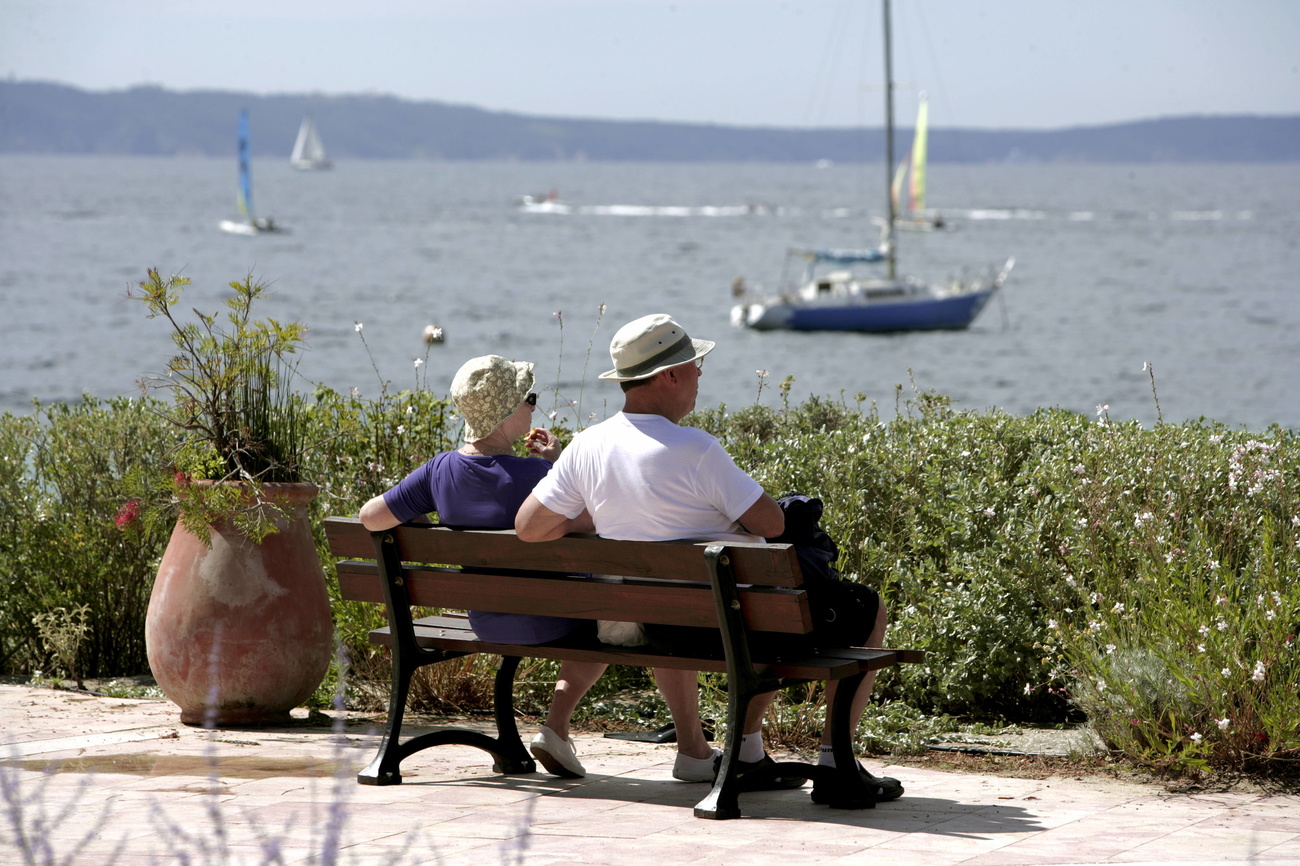


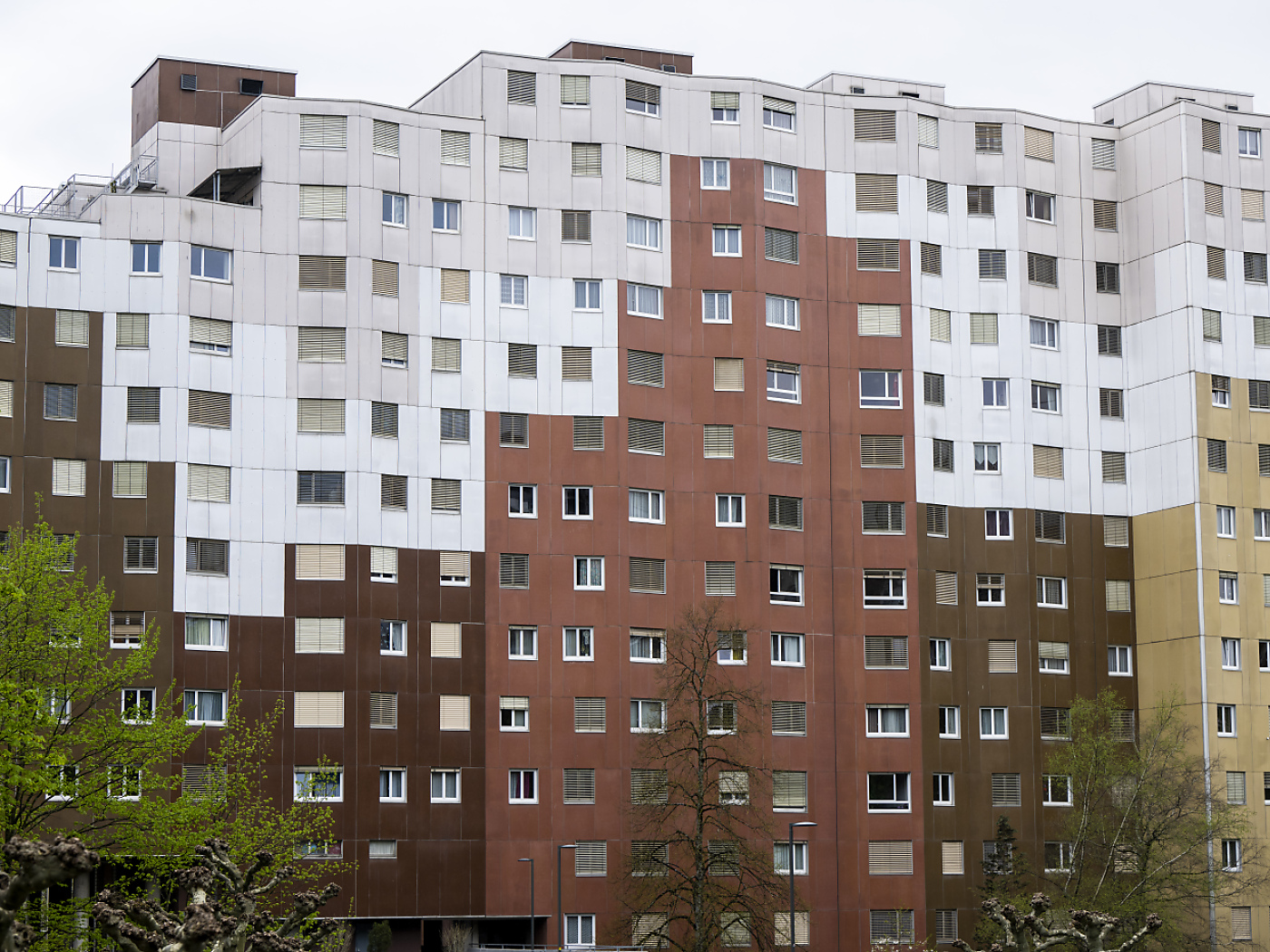




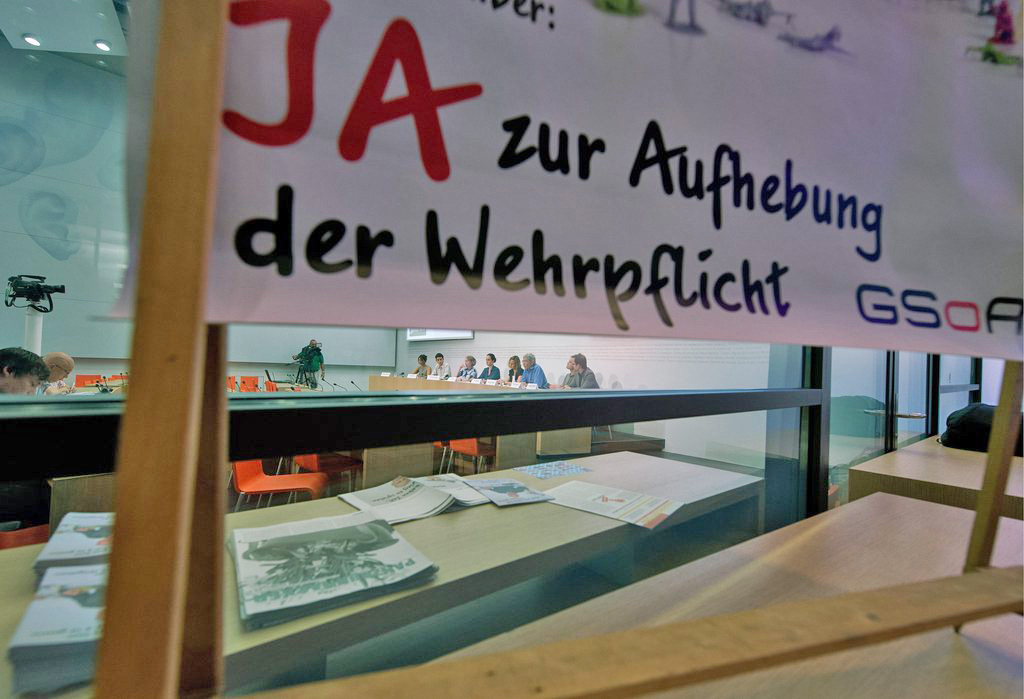
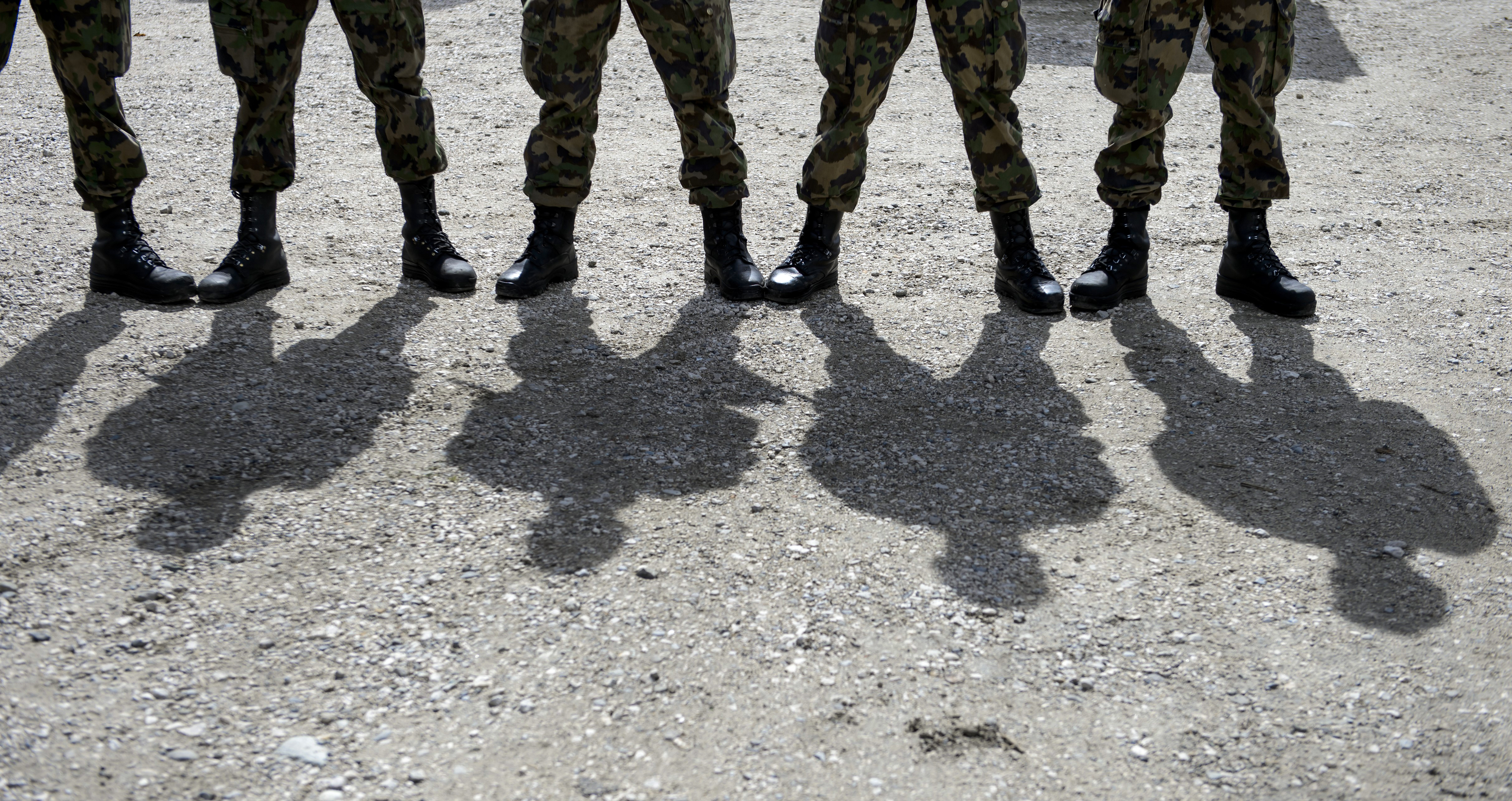
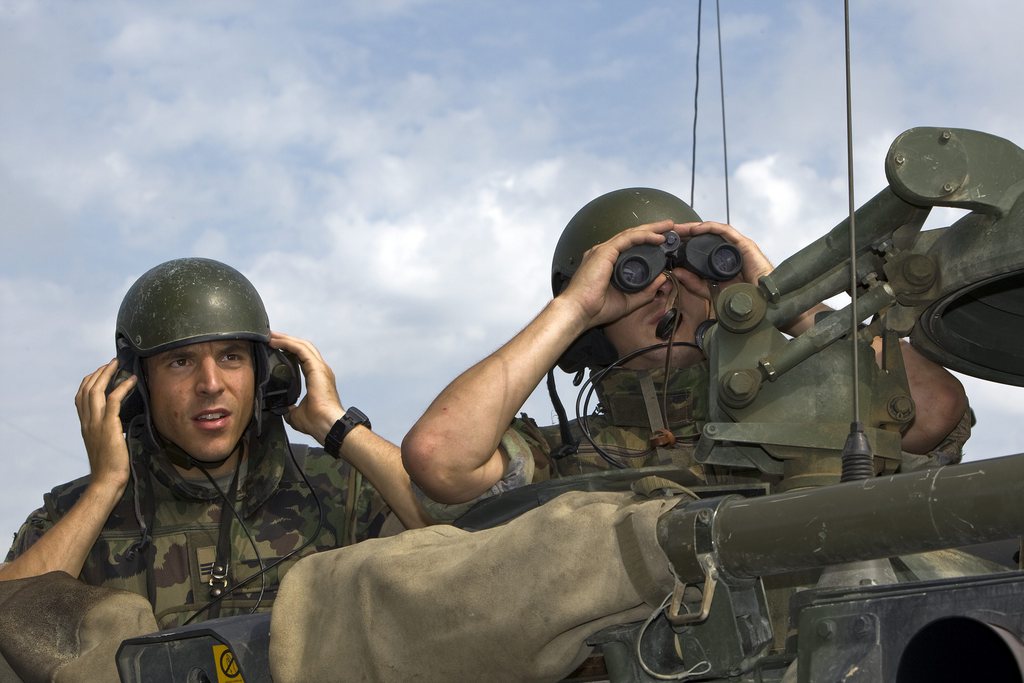
You can find an overview of ongoing debates with our journalists here . Please join us!
If you want to start a conversation about a topic raised in this article or want to report factual errors, email us at english@swissinfo.ch.